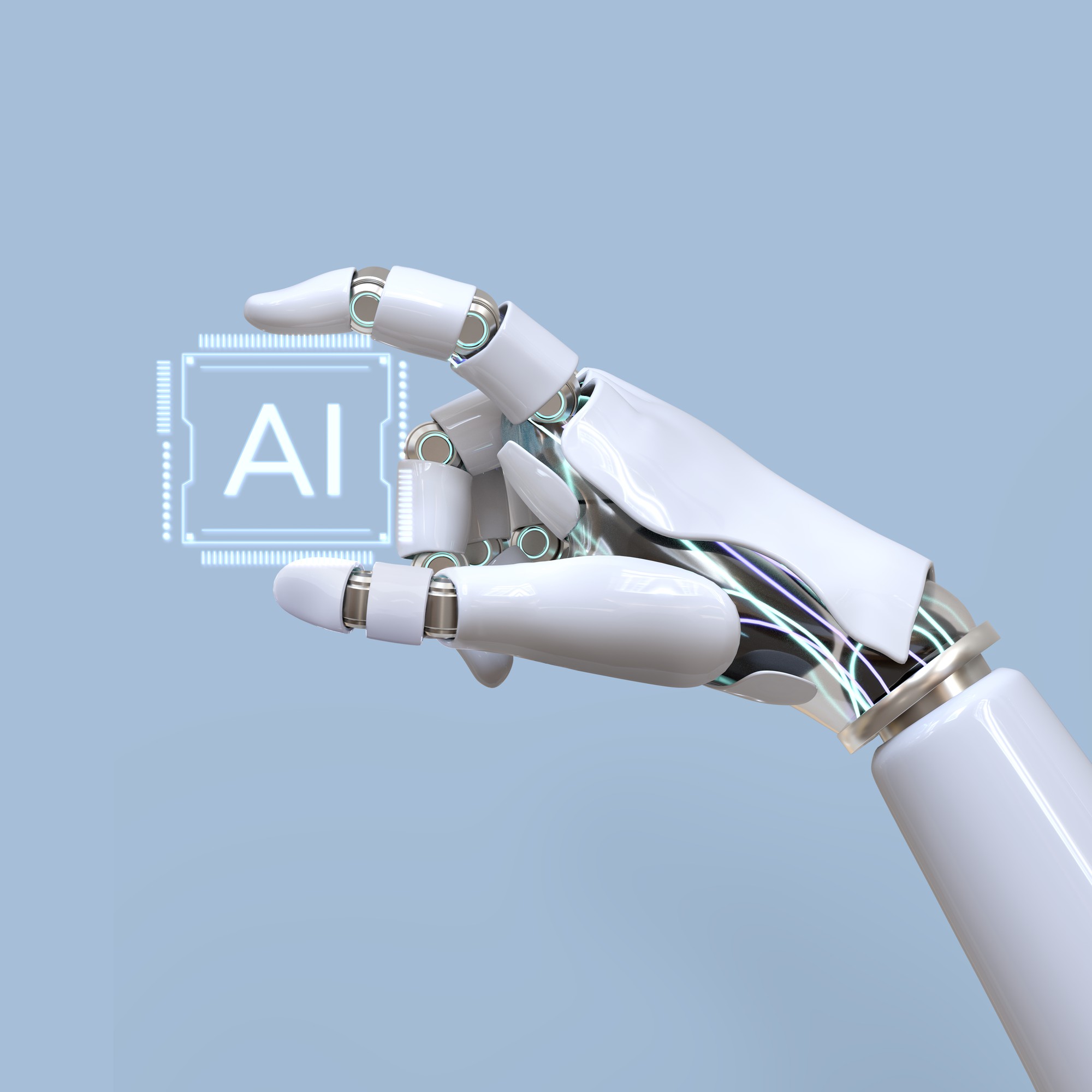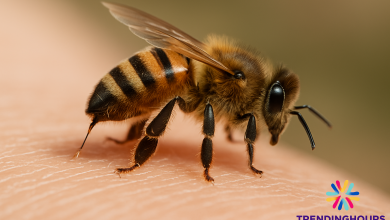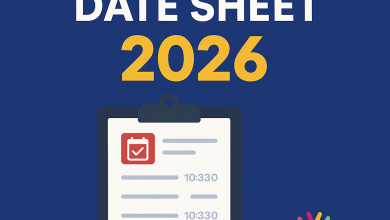CBSE Class 10 AI Syllabus: Code 417

CBSE Class 10 Artificial Intelligence (Code 417) Syllabus (2024-25) – Full Breakdown
The CBSE Class 10 Artificial Intelligence Syllabus (Code 417) introduces students to the exciting world of AI, a skill subject under CBSE’s vocational curriculum. Designed for the 2024-25 session, it combines theoretical concepts (50 marks) and practical applications (50 marks), totaling 100 marks. Below is the complete syllabus, structured into Part A (Employability Skills) and Part B (Subject-Specific Skills), with units, topics, and marks distribution as per CBSE’s official guidelines.
Part A: Employability Skills (10 Marks)
This section is common across skill subjects and focuses on foundational skills, assessed in the theory exam for 10 marks.
- Unit 1: Communication Skills – II (2 Marks)
- Types of communication (verbal, non-verbal, written).
- Effective communication techniques.
- Overcoming communication barriers.
- Unit 2: Self-Management Skills – II (2 Marks)
- Stress and time management.
- Goal setting and self-motivation.
- Personal responsibility and discipline.
- Unit 3: Information and Communication Technology Skills – II (2 Marks)
- Operating systems basics (e.g., Windows, Linux).
- File management and keyboard shortcuts.
- Safe internet practices.
- Unit 4: Entrepreneurial Skills – II (2 Marks)
- Traits of an entrepreneur.
- Identifying business opportunities.
- Risk management basics.
- Unit 5: Green Skills – II (2 Marks)
- Sustainable development principles.
- Role of technology in environmental conservation.
- Energy-saving practices.
Part B: Subject-Specific Skills (40 Marks)
This section covers AI-specific concepts, assessed in a 40-mark theory paper, with some topics requiring practical understanding.
- Unit 1: Introduction to Artificial Intelligence (AI) (10 Marks)
- Topics:
- What is AI? Definitions and examples.
- Difference between AI, Machine Learning (ML), and Deep Learning (DL).
- Applications of AI in daily life (e.g., virtual assistants, recommendation systems).
- Ethical concerns (AI bias, privacy).
- Skills: Understanding AI’s role and impact.
- Topics:
- Unit 2: AI Project Cycle (10 Marks)
- Topics:
- Problem Scoping: Defining goals and 4Ws (Who, What, Where, Why).
- Data Acquisition: Collecting and preparing data.
- Data Exploration: Visualizing data (charts, graphs).
- Modelling: Building AI models.
- Evaluation: Testing model accuracy.
- Skills: Applying a structured approach to AI projects.
- Topics:
- Unit 3: Neural Networks (5 Marks)
- Topics:
- Basics of human neurons vs. artificial neurons.
- Concept of neural networks in AI.
- Simple applications (e.g., image recognition).
- Skills: Grasping foundational AI algorithms.
- Topics:
- Unit 4: Introduction to Python (15 Marks)
- Topics:
- Python basics: Variables, data types, loops, conditions.
- Libraries for AI (e.g., NumPy, Pandas, Matplotlib).
- Simple coding exercises (e.g., data manipulation, plotting).
- Skills: Coding for AI applications (assessed practically too).
- Topics:
Practical Assessment (50 Marks)
The practical component evaluates hands-on skills, conducted internally by schools and submitted to CBSE. Total: 50 marks.
- Practical Work (30 Marks):
- Coding in Python (e.g., data analysis, simple AI models).
- AI project simulation (e.g., problem scoping to evaluation).
- Use of tools like Jupyter Notebook or Python IDEs.
- Viva Voce (10 Marks):
- Questions on Python code, AI concepts, and project work.
- Project/Portfolio (10 Marks):
- Small AI project (e.g., chatbot, data visualization) or portfolio of practical tasks.
Marks Distribution Summary
| Component | Marks |
|---|---|
| Part A: Theory | 10 |
| Part B: Theory | 40 |
| Practical Work | 30 |
| Viva Voce | 10 |
| Project/Portfolio | 10 |
| Total | 100 |
Exam Pattern Highlights
- Theory Paper: 50 marks, 2 hours, includes MCQs (20%), short-answer, and long-answer questions.
- Practical: 50 marks, school-assessed, focuses on Python and AI project skills.
- Weightage: Units 1, 2, and 4 carry higher marks due to foundational and practical importance.
VIST MORE LINKS
CBSE Class 10 IT Syllabus (Code 402)



